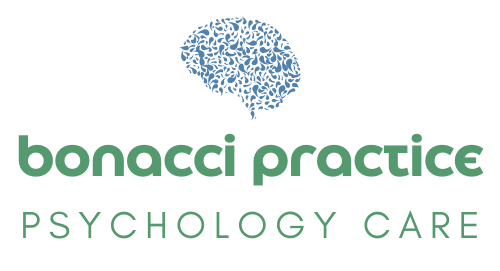Grief and Bereavement
Grief and Bereavement Therapy
The terms grief and bereavement are sometime used interchangeably. Bereavement is a state of loss/being deprived of something. Grief is the reaction to the loss. Our mourning is the outward expression of grief.




